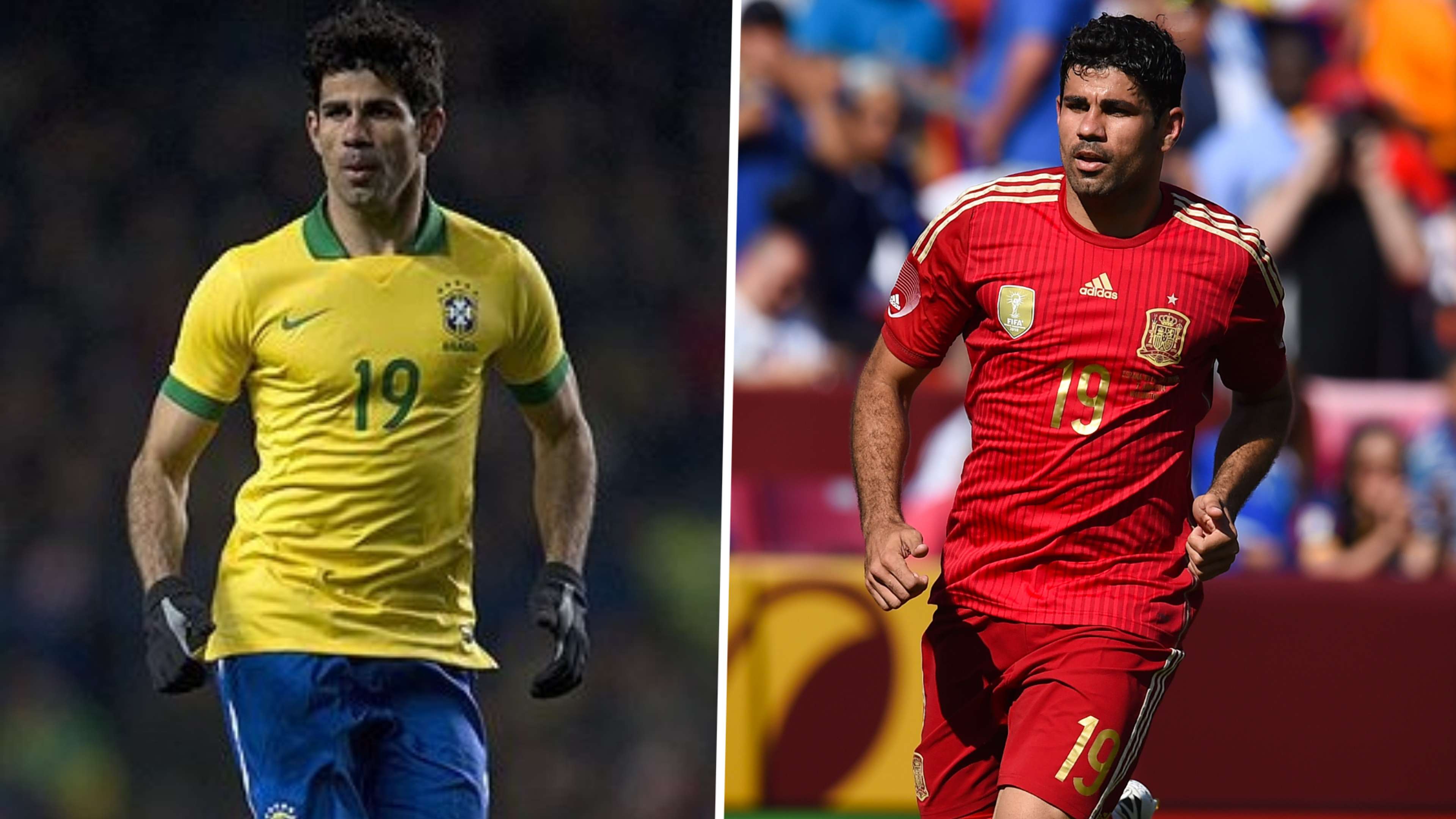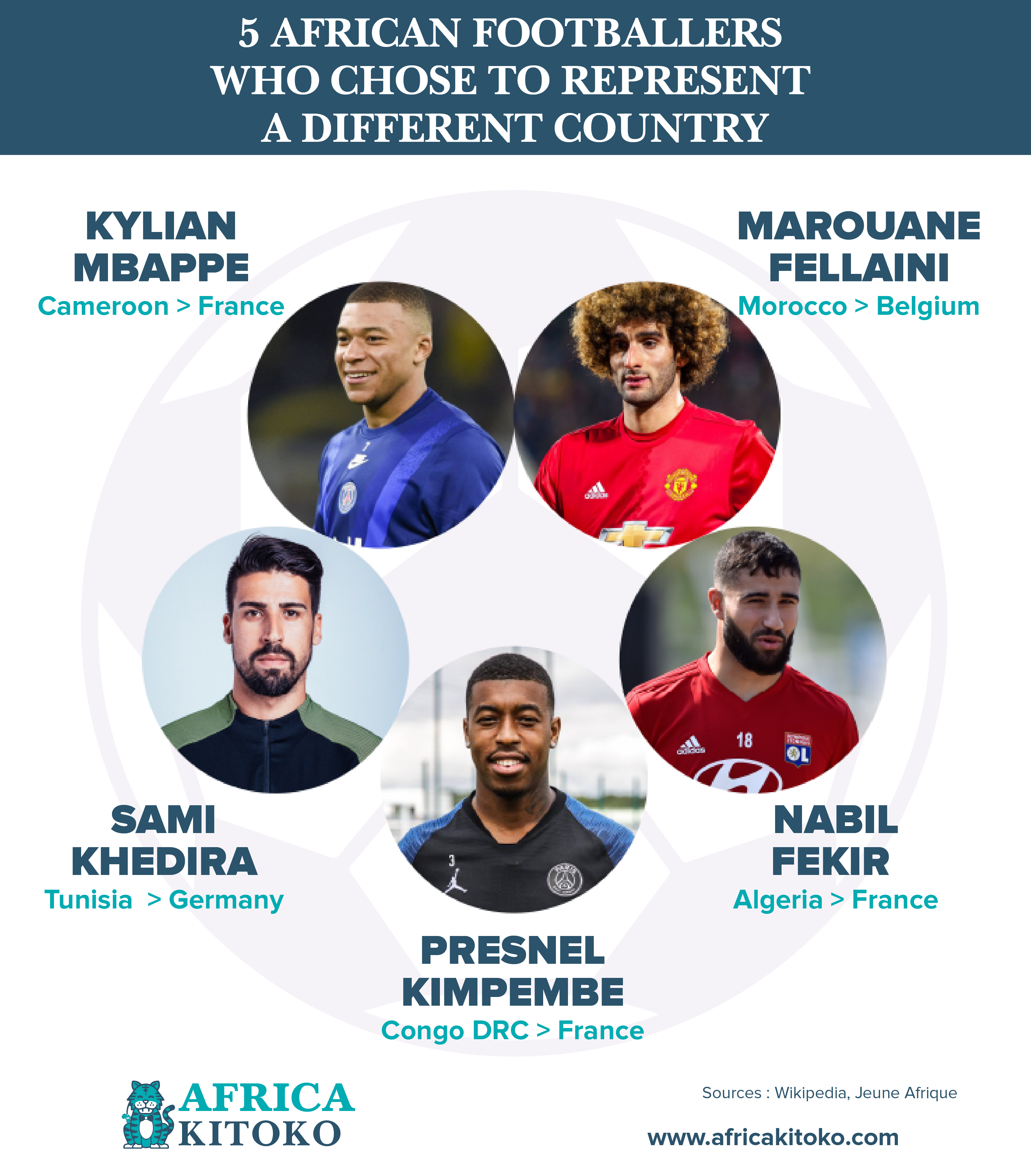Beyond Borders: Footballers Choosing a New National Identity
In the world of football, players often find themselves facing decisions that extend beyond the pitch. One of the most intriguing choices a footballer can make is representing a country other than their country of birth. For some, it’s a matter of national identity; for others, it’s an opportunity to play at the highest level on an international stage. This article delves into the stories and reasons behind these choices, exploring the paths of some of football’s most notable figures who opted to wear a different national jersey.
A Matter of Identity and Belonging
For many footballers, the decision to represent a different country is deeply personal, often rooted in a sense of identity and belonging. National identity can be complex, especially for players who grow up in multicultural environments or have parents from different backgrounds. Representing a national team is more than just about playing; it's about pride, heritage, and, at times, a profound sense of connection.
Take, for instance, the case of Thiago Alcântara, the talented midfielder who was born in Italy, raised in Spain, and had a Brazilian heritage through his father, Mazinho. Despite his Brazilian lineage, Thiago opted to play for Spain, having spent much of his life in the country. His decision highlighted how national allegiance can often be tied more to experiences and upbringing than to birthplace.
Opportunities and Career Advancement
In addition to personal identity, some players choose to represent a different country due to greater career opportunities. Not all players have the chance to break into their home country's national team, especially if it's packed with talent. By opting to play for a different country, these players gain the chance to shine on the international stage, often becoming key figures for their adopted nation.
One notable example is Wilfried Zaha, who was born in Côte d'Ivoire but moved to England as a child. Initially representing England at youth and senior levels, Zaha later switched to play for Côte d'Ivoire after limited opportunities in the English squad. His decision underscores how shifting national teams can be a way for players to find fulfillment and regular playtime.
Embracing a New Culture and Community
For other players, the choice to play for a different country reflects a sense of gratitude and connection to their adopted homeland. These players may have emigrated at a young age and grown up in a new cultural environment that shaped them as individuals and athletes. By representing their adopted country, they acknowledge the opportunities and support they received.
Miroslav Klose, Germany's all-time top scorer, is one such example. Born in Poland, Klose moved to Germany as a young child. He went on to become a cornerstone of the German national team, helping them to World Cup success in 2014. His story shows how moving to a new country can foster loyalty and a sense of duty, leading players to represent their adopted nation with pride and dedication.
FIFA Rules and Eligibility Criteria
The rules set by FIFA play a significant role in determining which country a player can represent. Players with dual citizenship can choose between countries, but once they’ve made an appearance in an official competitive match for one national team, they are often locked in. However, FIFA does allow certain exceptions, such as if a player only appeared in youth games or if they had not played a senior-level match in several years.
Diego Costa, who was born in Brazil but switched to represent Spain, exemplifies this. After receiving Spanish citizenship, Costa opted to play for Spain, a choice that sparked debates and divided opinions in both countries. His case reflects how the complex eligibility rules can sometimes be a catalyst for controversy.
Impact on Fans and National Pride
Switching national allegiance can evoke strong reactions from fans, who often see players as representatives of their heritage and culture. Supporters may feel pride when a player commits to their country, but they can also feel betrayed if a player switches allegiances. Footballers who change national teams walk a fine line, balancing personal motivations with the expectations and emotions of millions.
Famous Cases and Their Legacies
Several high-profile players have made the decision to represent a different country than their birthplace, leaving lasting impacts on the game. For instance:
Arsenal star Lukas was born in Poland but opted for Germany
Lukas Podolski, born in Poland, chose to represent Germany, where he had a successful international career.
Kevin-Prince Boateng played for Ghana, despite being born in Germany, a decision influenced by his connection to his Ghanaian roots.
Deco, the Brazilian-born midfielder, opted to play for Portugal after moving there as a young professional, ultimately becoming a vital player for the Portuguese squad.
These players each navigated the intersection of birthplace, opportunity, and loyalty differently, yet all contributed significantly to the international stage.
A list of some African players who have switched country
Conclusion
The decision for a footballer to represent a different country than their country of origin is a multifaceted one, encompassing aspects of identity, opportunity, and loyalty. As football becomes increasingly global, the phenomenon of players switching allegiances continues to grow, adding complexity to the world of international football.
Ultimately, these choices illustrate the intricate web of factors that influence where a player’s heart lies and which jersey they choose to wear with pride. For fans, understanding these decisions can deepen our appreciation for the players who bring their unique stories to the pitch, reminding us that football is as much about identity and belonging as it is about skill and competition.
This exploration shows that the decision to represent a different nation reflects the rich, diverse backgrounds of modern football players. Whether it’s a choice made out of necessity, loyalty, or opportunity, each story enriches the world of football and celebrates the global nature of the sport.










Thank you for showing interest in my blog extrafootballer.com any good suggestion is always welcome.